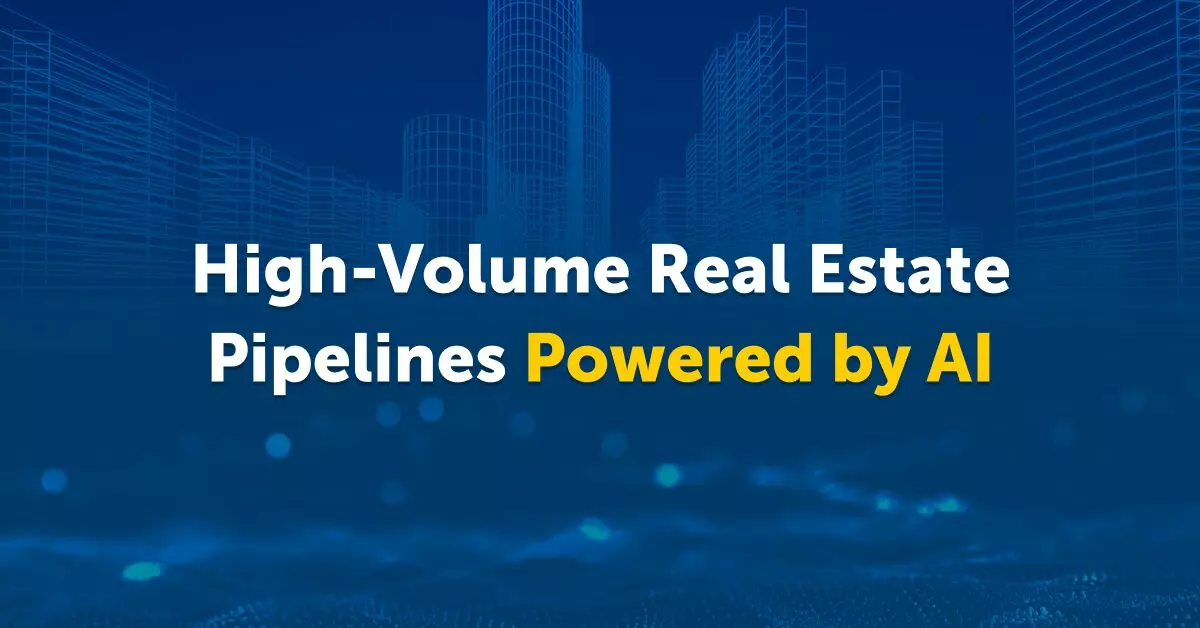Browse Our Glossary
Browse Our Glossary
Automation
Retail automation in warehouses is projected to hit $51B by 2030, growing at a 23% CAGR.
What is Automation?
Automation refers to the use of technology to perform tasks with minimal human intervention, often through AI and machine learning algorithms. It spans a wide range of applications, from simple process automation to advanced robotic systems and AI-powered workflows. In various industries, automation helps streamline repetitive tasks, optimize efficiency,and reduce errors, allowing employees to focus on more complex, strategic activities.
Benefits of Automation
Automation enhances productivity by executing repetitive tasks consistently and accurately, leading to faster results and lower operational costs. It reduces human error, standardizes processes, and improves resource allocation across departments. With AI-driven automation, businesses can achieve higher efficiency,enhance data processing,and improve decision-making through real-time insights. By automating routine tasks, companies free up their workforce to engage in more valuable work, fostering innovation and agility within the organization.
Importance of Automation
In today’s fast-paced digital landscape, automation is essential for businesses looking to maintain a competitive edge,It allows for scalable operations, enabling companies to meet growing demands without proportionally increasing costs. Automation supports data-driven decision-making by providing timely, accurate information, facilitating more responsive and adaptive business strategies. By integrating automation into workflows, businesses can accelerate processes, maintain quality standards, and drive continuous improvement across various functions, from customer service to supply chain management.
Future of Automation
The future of automation is geared toward intelligent, autonomous systems that leverage AI and machine learning to manage complex workflows. Future advancements will enable seamless integration of automation across business units, optimizing tasks and enhancing collaboration. Hyper-automation—wherein all aspects of operations are automated—will drive efficiency, reduce costs, and enable real-time adaptability in rapidly changing environments. As automation technology matures, it will increasingly focus on enhancing employee roles, transforming the nature of work, and creating new opportunities for value creation.
Fusemachines and Automation
At Fusemachines we offer comprehensive automation solutions designed to elevate business performance and streamline operations. Our AI-powered tools enable companies to automate critical tasks, optimize workflows, and improve operational accuracy. Fusemachines' automation solutions empower businesses to save time, reduce costs, and enhance productivity, helping them stay competitive and agile in an evolving marketplace.
Recommended Pages
- AI in Banking
- AI in Consumer Packaged Goods (CPG)
- AI in Energy
- AI in Finance
- AI in Fintech
- AI in Healthcare
- AI in Insurance
- AI in Legal Services
- AI in Life Sciences
- AI in Media and Entertainment
- AI in Retail
- AI in Technology
- Anomaly Detection
- Big Data
- Contextual Adaptation
- Conversational Agents
- Data Analytics
- Data Annotation
- Data Engineering
- Data Science
- Deep Learning (DL)
- Demand Forecasting
- Dynamic Pricing
- Edge Computing
- Ethical AI
- Explainable AI (XAI)
- Fraud Detection
- Generative AI (GenAI)
- Hyper Personalization
- Image Recognition
- Information Extraction
- Large Language Models (LLM)
- Machine Learning
- Natural Language Processing (NLP)
- Neural Networking (NN)
- Predictive Analytics
- Recommendation Engine
- Self-Directed Agents
- Virtual Assistants


